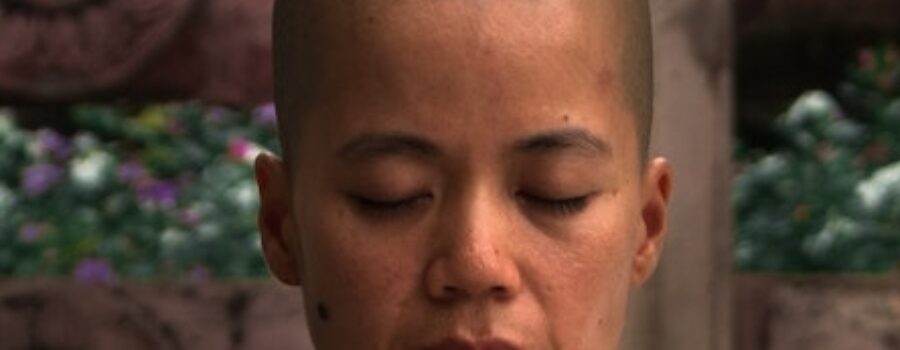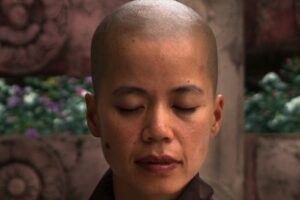Does this resonate with you? “When I deeply look how much I trust the world around me I realize I have trust issues in all parts of my life probably.” If so, then this exercise may be valuable to you.
The below is a possible flow of thoughts, emotions, and associations that come up in the mind when doing self-observation on this thought. It is meant to help you go deeper into this thought and stimulate you. By no means it is implied that it is the only flow or it is the same for everyone.
(If you are new to the concept of self-observation or looking for some practical guidance then maybe read this article: How Self-Observation Works)
Self-Observation on my lack of trust
- I realize it is a main theme in my life. What I mean is that I can trace back basically all of my painful feelings and thoughts to trust. One example that comes to me now is that when something doesn’t go the way I want I ‘like’ to think that it is because people do not care about me, or they intentionally want to do harm to me.
- I am unsure if I feel a lack of trust or fear.
- In other words – phrased abstractly: ‘I lost trust because I wanted something but did not get it. For instance, I want to feel safe but I do not. Or I want to be successful but I am not.’
- Trust is paradoxical to me: I understand and sort of agree that I should be trustful with people and with situations and then my trust will eventually bring the results. But this just sounds fully counter-intuitive.
- My take is that first I try then I trust. Now that I think about it more, this is not my way. First I trust and then I don’t get what I want.
- This is one main theme in my life…
- No wonder I have ‘trust issues’. I probably attract them.
- Why is it so hard to trust?
Chain of thoughts coming when I am able to go deeper
- Does trust have anything to do with hope? It should not. Hope sounds weak and trust sounds strong.
- Trust is on the other side. Hope is not one step before trust but hope is just some pitiful begging without trust. Ok, perhaps there isn’t any problem with hoping as long as there is trust behind it.
- There is no such thing as 60% or 99% trust. It is either there or there isn’t any.
- Trust is meaningless alone because by definition it takes more than one entity. And also by definition, it can only be forever – what kind of trust would it be if I might lose it? And in this case, I am trying to understand trust and my trust issues the wrong way: I am trying to have trust in things that are ‘mortal’.
- Trust is independent of the outside world. It is in me. Trust is knowing. It makes sense this way because then trust is independent of what happens with me in the world around me in the sense that it is ok if things are not always the way I thought. When I have trust, those things – I mean when something doesn’t go my way – simply mean that I misjudged the world. But it doesn’t mean that there is anything wrong with me. This makes all the difference to me.
- I believe in God and this makes all the difference to God too. When trust becomes knowing, the concept of trust becomes unimportant. Why talk about it? The question doesn’t even come up.
- The great paradox for me: Right the moment I have trust, I have knowing. While I sense that I do have the knowing, it seems as if I reject it. For a while, this rejection may have been ignorance or arrogance. But now it is fear. Fear of losing myself. After all, trust is needed before it becomes unimportant.
Notes
- If you are new to the practice of self-observation then here are some ideas that can help: It is very powerful if you write down your thoughts (like with an old-school diary). It is also very powerful if you phrase your thoughts and emotions in a short and basic way.
- Self Chatter is a self-development tool and one of its major goals is to help with self-observation as a major tool to raise your consciousness. Thus you will find these types of self-observations on Self Chatter.
(None of the articles on Self Chatter are generated by AI.)



